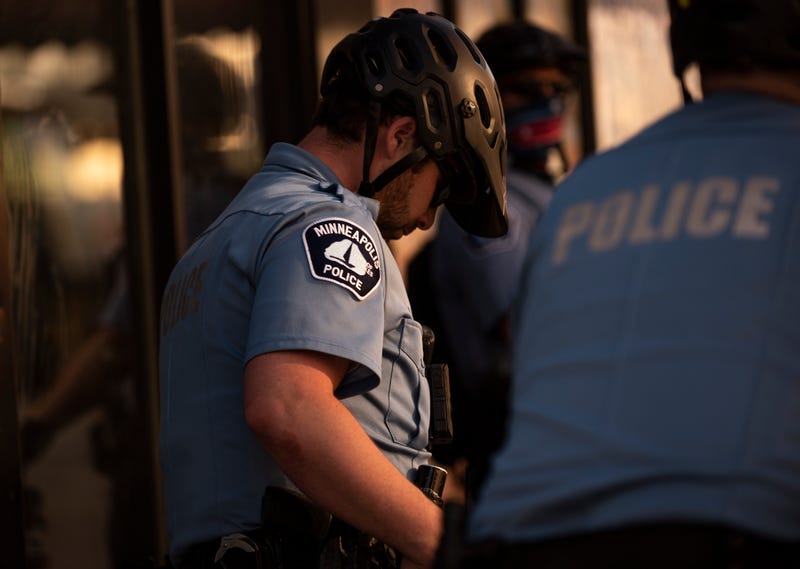
Minneapolis Police Chief Brian O'Hara said the city is already ahead of the game when it comes to implementing reforms outlined in the federal consent decree that the City Council approved Monday.
That's because Minneapolis was already working on a similar agreement with the state, and he told WCCO's Adam and Jordana on Tuesday that many items are similar.
"We've had an implementation unit that was started already that's up and running, we've had dozens of community meetings around policies that have to be changed," he said.
But O'Hara said even though they've hit the ground running, there is still a lot of work ahead of them.
"These consent decrees add a whole lot more new work that did not exist in this organization before," he said. "And I think that's an opportunity for us to provide realistic, scenario-based adult learning that is appropriate, so that our officers have the skills that they need."
O'Hara said all of the new training is what officers need to create a police force that the city of Minneapolis deserves.
The federal agreement needs court approval, and Chief O'Hara says he expects that to happen, even though incoming President Donald Trump has shown contempt for consent decrees.
The deal incorporates and builds on changes the Minneapolis Police Department has made since Floyd, a Black man, was killed by a white officer in 2020, prompting a national reckoning with police brutality and racism.
The 171-page agreement, filed in federal court shortly after the council voted 12-0 to approve it, says the department will require its officers to “promote the sanctity of human life as the highest priority in their activities.” It says officers must ”carry out their law enforcement duties with professionalism and respect for the dignity of every person.” And it says they must not allow race, gender or ethnicity “to influence any decision to use force, including the amount or type of force used.”
The agreement, known as a consent decree, will put the department under long-term court supervision. It had been under negotiation since the Department of Justice issued a scathing critique of the city’s police in June 2023.
Department officials alleged that police engaged in systematic racial discrimination, violated constitutional rights and disregarded the safety of people in custody for years before Floyd was killed. The report was the result of a sweeping two-year investigation that confirmed many citizen complaints about police conduct. It found that Minneapolis officers used excessive force, including “unjustified deadly force,” and violated the rights of people engaged in constitutionally protected speech.
“George Floyd’s death was not just a tragedy, it was a galvanizing force for the city and for the nation,” Assistant Attorney General Kristen Clarke, head of the Justice Department’s Civil Rights Division, said at a news conference. “All eyes remain on Minneapolis, and with this consent decree, we now have a roadmap for reform that will help this community heal while strengthening trust between law enforcement and the people they serve.”
An independent monitor will oversee the changes and a judge must approve them. A hearing has not yet been scheduled, but officials hope that approval comes quickly.
